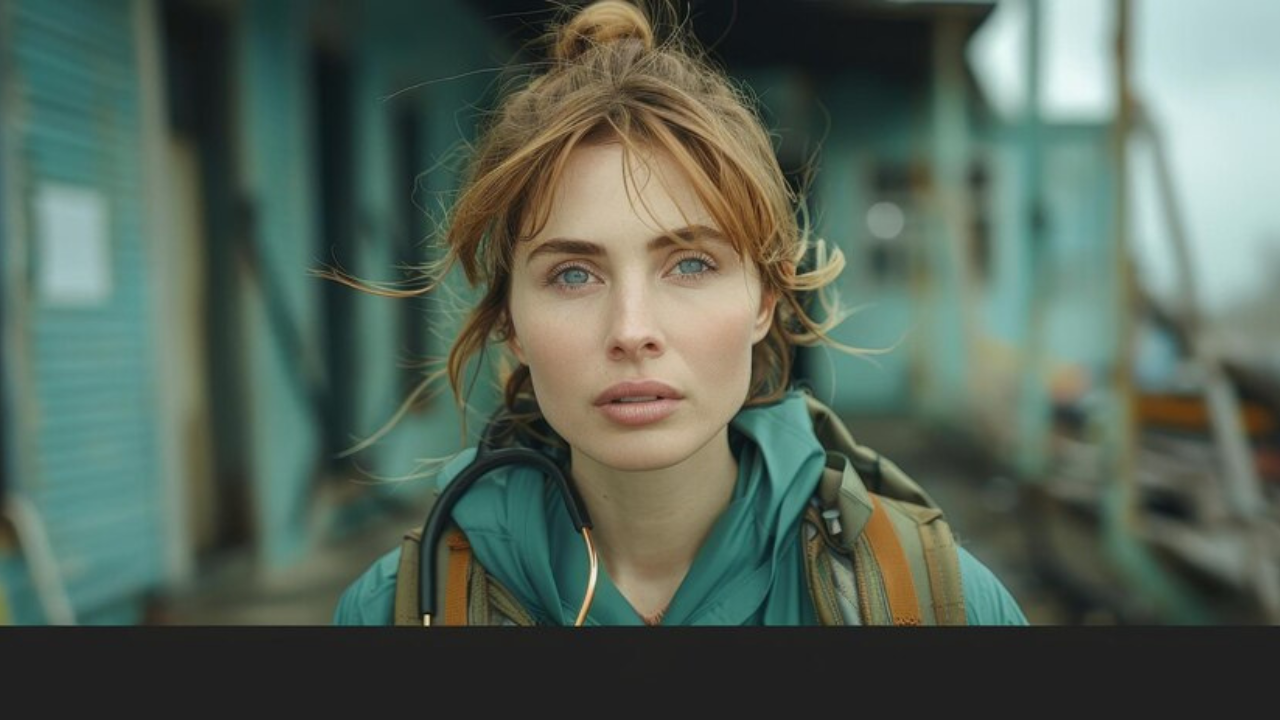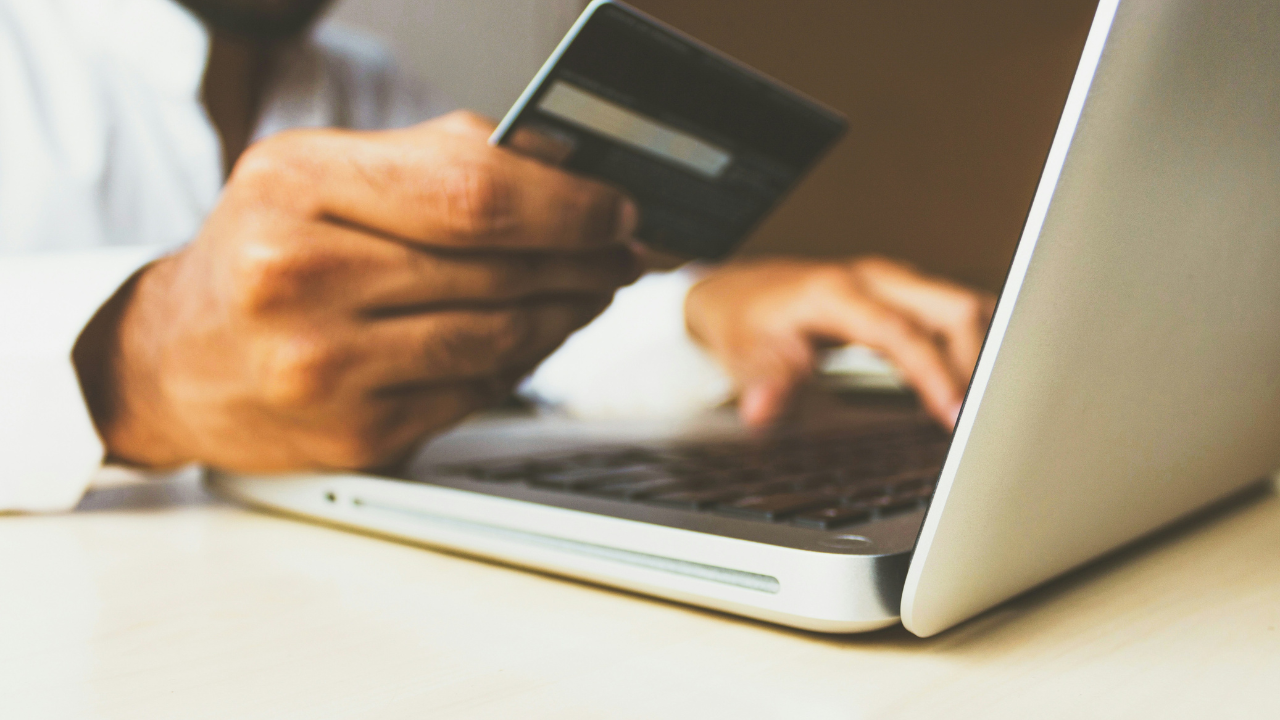Introduction to the Bobbi Althoff Case
The internet has a way of blurring the lines between personal privacy and public interest, especially when it comes to high-profile figures. Bobbi Althoff, a rising star in social media, recently found herself at the center of this storm after her private images were leaked online. This incident not only raises eyebrows but also sparks intense debate about what it means to respect someone’s privacy in an age where sharing is ubiquitous. As we delve into the implications of Bobbi Althoff’s leaked images, we’ll explore how digital life complicates our understanding of confidentiality and consent while examining the broader societal impacts that follow such invasions of privacy.
The Importance of Privacy in the Digital Age
Privacy in the digital age is more crucial than ever. With technology advancing at breakneck speed, our personal information is often just a click away.
Social media platforms, apps, and websites collect vast amounts of data about us. This includes our preferences, behaviors, and even locations. Once shared online, this data can be difficult to control or erase.
Individuals face significant risks from breaches of privacy. Identity theft, harassment, and unwanted attention are common consequences when personal details become public.
Moreover, the psychological impact cannot be overlooked. Constant surveillance creates a sense of vulnerability that affects mental well-being.
The need for robust privacy measures grows stronger as we navigate an interconnected world filled with potential threats to our security and autonomy.
Public Interest and Ethical Considerations
The intersection of public interest and ethics is complex, especially in cases like Bobbi Althoff’s leaked images. Public figures often find themselves under a microscope, with their personal lives scrutinized more than most.
When images are leaked, the justification for sharing them often hinges on whether they serve the public good. Are these images revealing any wrongdoing? Or do they simply satisfy voyeuristic tendencies?
Ethical considerations come into play when we think about consequences. The fallout from such leaks can be devastating to individuals involved—emotionally and professionally.
Media outlets must tread carefully here. Reporting on sensitive matters should prioritize dignity alongside transparency. It’s essential to ask: Does this information genuinely benefit society or merely entertain it at someone else’s expense? Balancing these factors becomes crucial in deciding what should remain private versus what deserves exposure.
The Impact of Leaked Images on Individuals and Society
Leaked images have a profound impact on both individuals and society. For the person at the center of such incidents, it can lead to emotional distress, anxiety, and even long-term psychological issues. The feeling of vulnerability becomes overwhelming.
On a broader scale, leaked content shapes public perception. It fuels gossip and speculation in social circles and online platforms. This not only influences how we view celebrities but also everyday people caught in similar situations.
Furthermore, these leaks challenge societal norms regarding privacy. They force us to reconsider what should remain private versus what is deemed newsworthy or relevant by public interest standards.
The consequences ripple outward as well; they can alter relationships between friends and family members who may unknowingly become part of the narrative surrounding such scandals. Leaked images create a complex web that affects everyone involved—directly or indirectly.
Legal Ramifications for Those Responsible for Leaking Images
The unauthorized leaking of images, such as those involving Bobbi Althoff, raises significant legal issues. Individuals or entities responsible for these breaches may face severe consequences.
Laws surrounding privacy violations vary by jurisdiction but often include civil liabilities. Victims can pursue damages in court, holding culprits accountable for emotional distress and reputational harm.
Criminal charges can also come into play. Depending on the severity of the breach, offenders might face fines or even imprisonment under laws related to harassment or invasion of privacy.
Moreover, media outlets that publish leaked content could be liable too. They must navigate ethical waters carefully to avoid complicity in any wrongdoing.
Without question, accountability is crucial for discouraging future incidents and protecting personal rights in an increasingly digital world.
Steps to Protect Your Privacy Online
Protecting your privacy online is more crucial than ever. Start by using strong, unique passwords for each account. Consider a password manager to keep track of them all.
Enable two-factor authentication whenever possible. This adds an extra layer of security, making it harder for unauthorized users to gain access.
Be cautious about the information you share on social media platforms. Adjust privacy settings to limit who can view your posts and personal details.
Use a virtual private network (VPN) when browsing public Wi-Fi networks. This masks your IP address and encrypts your internet connection, enhancing security against prying eyes.
Regularly review app permissions on your devices. Remove any apps that request unnecessary access to personal data or features not relevant to their purpose.
Educate yourself about phishing attacks and scams. Stay vigilant with emails or messages from unknown sources asking for sensitive information or links.
Conclusion:
The fallout from Bobbi Althoff’s leaked images has sparked intense discussions about privacy rights versus public interest. In a world where digital boundaries blur, the impact of such incidents resonates far beyond individual cases. It raises critical questions about how society values privacy and the ethical responsibilities of those who share personal content.
Addressing these issues requires a collective effort. Individuals must be aware of their own digital footprints while demanding accountability from platforms that facilitate image-sharing. Furthermore, media consumers should think critically about what constitutes genuine newsworthy content versus sensationalism at the expense of someone’s private life.
As we navigate this complex landscape, finding an equilibrium between protecting personal privacy and acknowledging public curiosity is essential. Society must advocate for stronger protections against intrusive practices while also fostering respectful discourse around the dissemination of sensitive information. Balancing these interests will shape our future interactions in an increasingly interconnected world.











